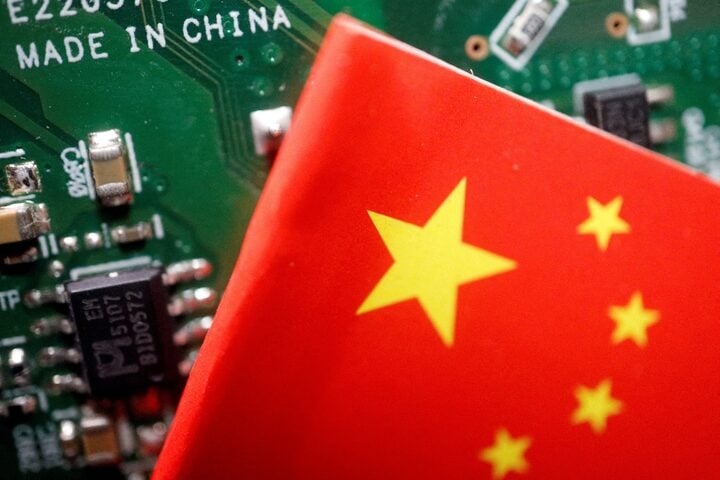 |
US partners with factories in China are about to face difficulties. Photo: Reuters/Florence Lo . |
According to the Wall Street Journal , a US official has just said that the country wants to end the right that allows the world's leading chipmakers to access US technology in China. If this proposal becomes a reality, trade tensions between the parties may escalate.
Currently, large corporations such as Samsung, SK Hynix (South Korea) and TSMC (Taiwan, China) are enjoying these "privileges". Thanks to that, they can send US chip manufacturing equipment to their factories in China without having to apply for a license for each shipment.
Tightening chip technology
Accordingly, Mr. Jeffrey Kessler, head of the export control division of the US Department of Commerce, is the one who proposed cutting off the rights of the above 3 companies. According to sources close to WSJ , Mr. Kessler said that this is part of the Trump administration's efforts to tighten the transfer of important US technology to China.
If the plan is implemented, it could cause major diplomatic and economic disruption. Notably, earlier this month, the US and China reached a “trade truce” in London, in which both sides agreed to temporarily suspend new export controls or any other actions that could harm each other.
White House officials, however, said the move was not intended to “escalate” trade tensions, but rather to make the US chip equipment licensing system more similar to how China manages exports of rare earth materials.
They also stressed that the US and China were still making good progress in finalizing the deal in London and continuing trade talks.
A US Commerce Department spokesperson reassured: "Chipmakers can still operate in China. These new rules simply make licensing the same as other semiconductor companies already do when exporting to China, ensuring the US has a fair and reciprocal process."
Serious impact
While the US sees this as a purely reciprocal measure, restricting global chipmakers’ operations in China could be seen as a betrayal of the London agreement. It also risks fracturing US relations with partners such as South Korea and Taiwan, which have many of the most affected companies and have committed large investments to the US in recent years.
The Chinese factories in question, including Samsung’s Xi’an memory chip plant, play a key role in the global chip supply chain. While the technology in these factories may not be the most advanced, their output is widely used in cars, consumer electronics and many other products.
Industry experts say the tightening of US controls will not immediately force chip factories to shut down, but in the long term it will make it harder to operate efficiently. This could disrupt global supply chains, especially as companies grapple with the multiple issues caused by the US-China trade war.
 |
A TSMC factory in Nanjing, Jiangsu province, China. Photo: WSJ. |
Chipmakers will likely have to apply for separate licenses from the US government to supply factories in China, while also seeking alternative equipment from Japan and Europe.
But revoking the exemptions is not a final decision. Jeffrey Kessler’s department at the Commerce Department has yet to get approval from other departments, such as the Department of Defense. Many administration officials worry that removing the exemptions would inadvertently help Chinese companies develop and control these factories.
Mr. Kessler and several other officials are adamant about cutting China off from American technology, arguing that strong measures are needed to limit China’s advancement and push supply chains outside of China.
Recently, the US government stopped selling high-end chips from Nvidia and AMD to China, causing billions of dollars in lost revenue for US companies.
South Korean and Taiwanese companies have also notified local authorities, hoping to receive lobbying support against the move.
These companies see their factories in China as a key factor in competing with Chinese rivals. TSMC, Samsung and SK Hynix have all invested billions of dollars in factories in the US.
Source: https://znews.vn/my-nham-vao-cac-doi-tac-cong-nghe-co-nha-may-tai-trung-quoc-post1562669.html





































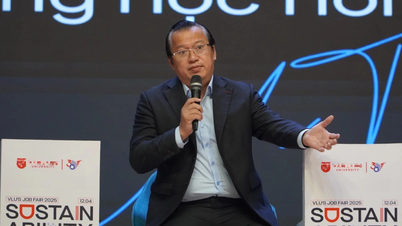











![[Maritime News] Wan Hai Lines invests $150 million to buy 48,000 containers](https://vphoto.vietnam.vn/thumb/402x226/vietnam/resource/IMAGE/2025/6/20/c945a62aff624b4bb5c25e67e9bcc1cb)







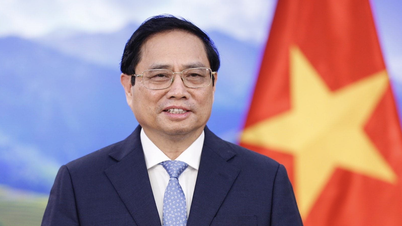




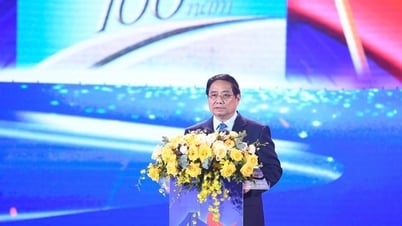

![[Infographic] Party Committee of the Ministry of Culture, Sports and Tourism: Marks of the 2020 - 2025 term](https://vphoto.vietnam.vn/thumb/402x226/vietnam/resource/IMAGE/2025/6/22/058c9f95a9a54fcab13153cddc34435e)
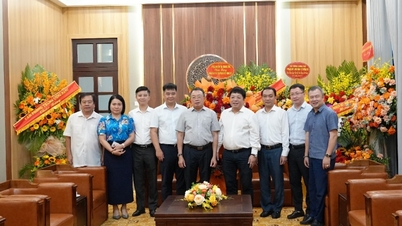


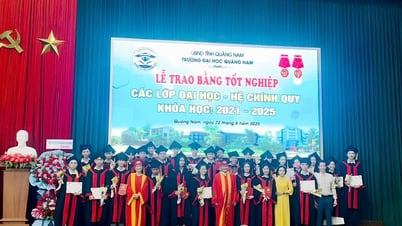




















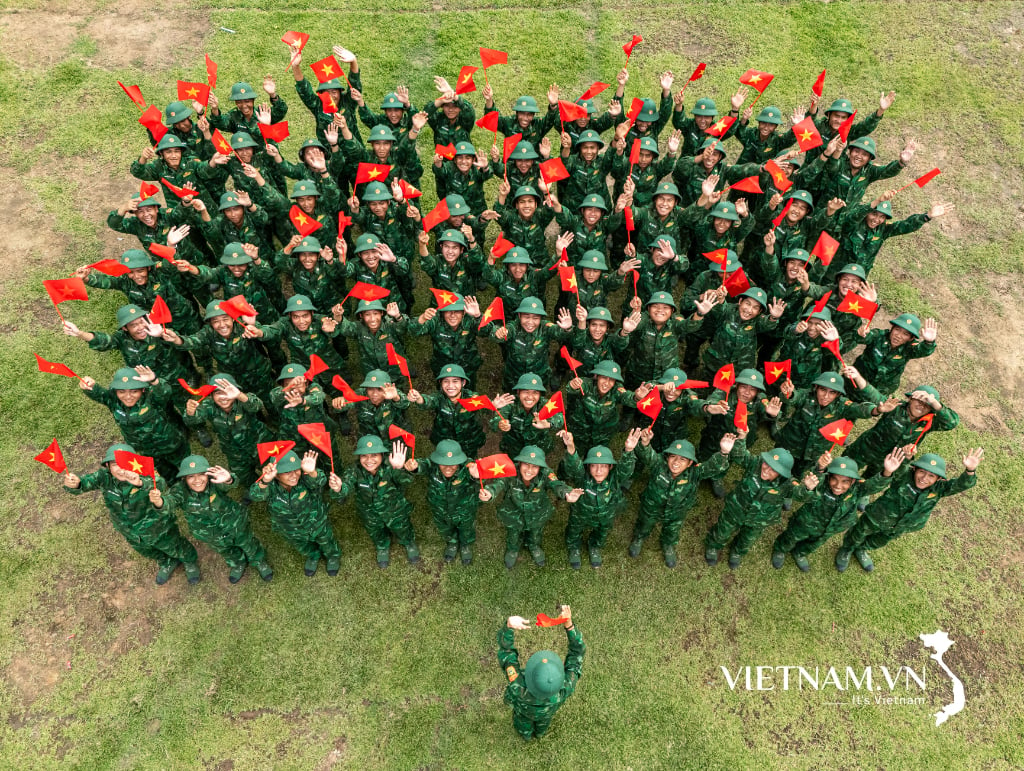


Comment (0)